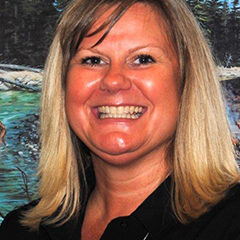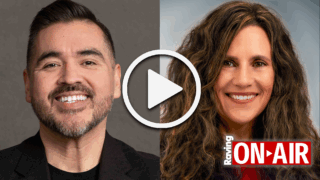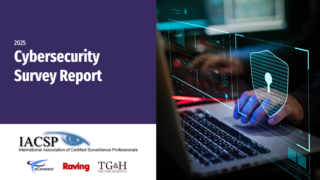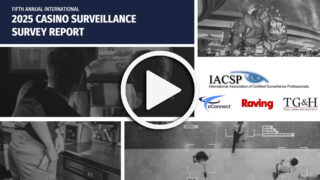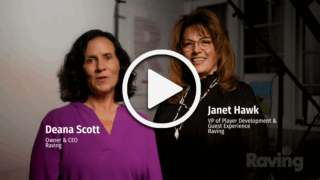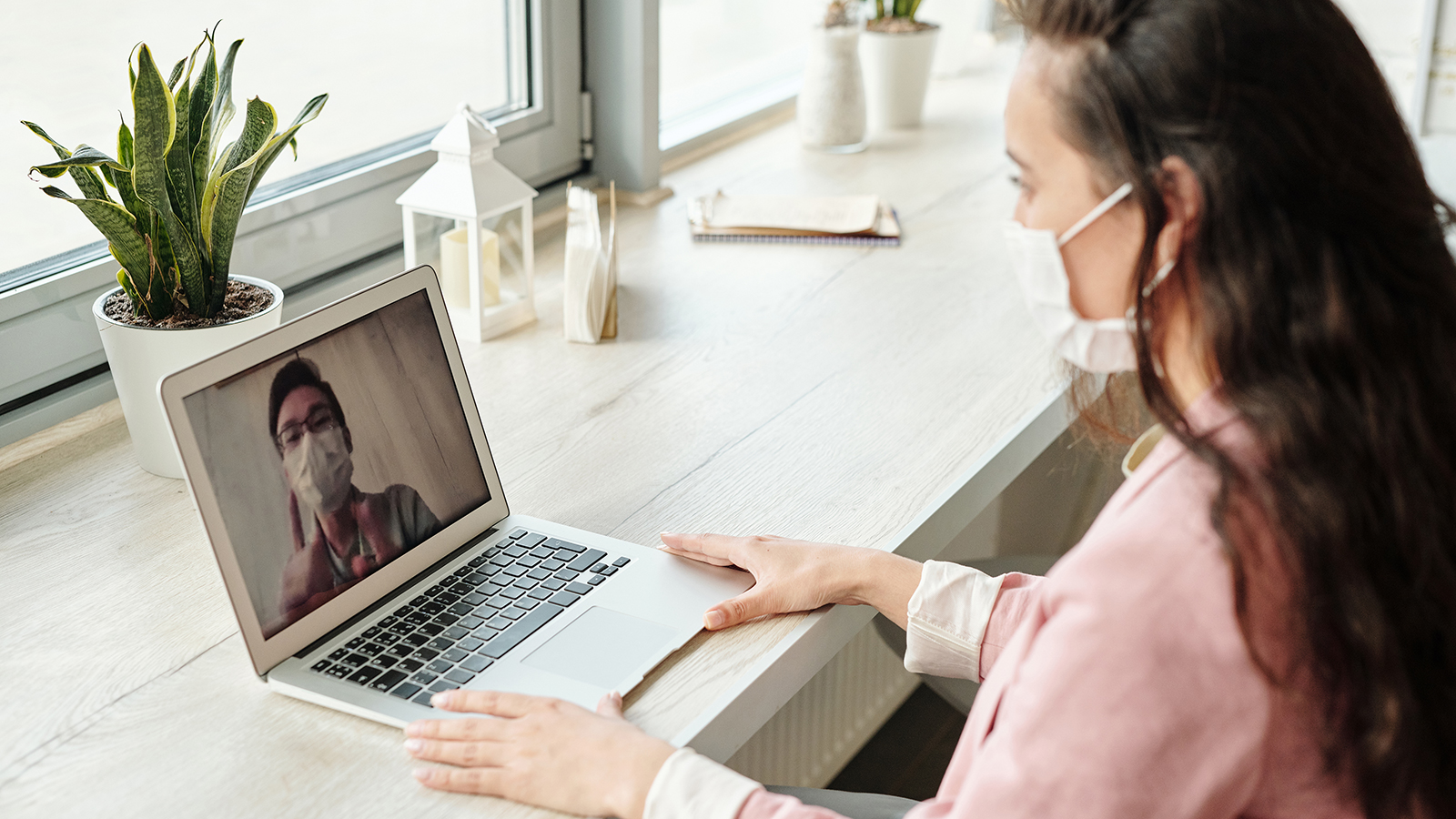
Support and Guidelines for Organizations – Updated July 2020
It isn’t a question of “if” but rather “when” we have a team member test positive for COVID-19. How do we handle the questions, anxiety, fears, etc., from team members still in the workplace? How do we maintain the privacy of the team member while ensuring the safety and well-being of those still in the workplace? And lastly – how do we adhere to the legal parameters surrounding the pandemic, FMLA, DOL, HIPPA, etc.?
COVID-19 illness and/or the quarantine for COVID-19 exposure are both covered under expanded FMLA until December 31, 2020. There will be many instances of a team member being absent from the workplace for these reasons and placed on the expanded paid leave. The team members that remain in the workplace will have multiple worries; were they exposed, who will pick up the work, etc.
To help ease these concerns, it is recommended to focus on safety and the precautionary measures your organization is taking to prevent COVID-19 in the workplace. When a team member comes to you or you hear chatter regarding the team member that is out, share that you understand their concern and describe the protocols in place to protect them.
Often when team members come to us about these types of concerns they will press for details. This is understandable; however, we must adhere to confidentiality standards in place for any medical leave situation. There are three areas to pay attention to: medical information, medical inquires, and ADA. Although ADA does not apply to Tribal Nations, your organization may have an ordinance that is like ADA. Having a solid understanding of ADA is a best practice, regardless, as many of your employees may have worked in other organizations where ADA was applicable and will need to understand the differences of working in a Tribal organization.
Medical Information
To the extent that you are getting information about team members who may have been exposed to or tested positive for COVID-19, that information will generally not be protected by HIPAA, unless HIPAA already applies to the organization. However, this information is confidential and should be maintained on a need to know basis. Team members would not have a need to know another team member’s medical information.
Medical Inquiries
If a team member tests positive for COVID-19, your organization may be contacted by local or Tribal health authorities or a contact tracer seeking information about team member’s schedules and facility logistics. This information will most likely be used to connect the dots and form a picture of exposure. It would be very unlikely that your organization would be asked to share medical information related to team members. Again, the type of information asked is not likely HIPAA protected, rather confidentiality should be maintained to the highest degree possible.
Confidentiality under the ADA
The Americans with Disabilities Act (ADA) requires organizations that obtain medical information through inquiry or examination to maintain it in a confidential medical file and keep it separate from the team member’s personnel file. Organizations are encouraged by the CDC to question their team members regarding travel, exposure, or symptoms related to COVID-19. Any medical information disclosed as part of this dialogue should be treated as confidential. If a positive case is identified in the workplace, you are encouraged to investigate the exposure of others in the workplace without disclosing the name of the individual or any personally identifiable information about the person. The confidentiality requirements under the ADA do not prohibit disclosure to state, local, or federal health departments.
Here is a scenario that might help illustrate this:
Jane: Joe isn’t here this week and I hear that he tested positive for COVID, I don’t want to be here either. I am afraid that I was exposed.
Supervisor or HR: I understand that you are concerned, we are all anxious during this time. As you know we must maintain the confidentiality of every team member; therefore, I cannot share Joe’s circumstances with you. Our protocols surrounding COVID-19 enable us to be in contact with local or Tribal health authorities (pick which applies) daily and if there is any risk to existing team members, we will be informed and will thoroughly investigate it. We are cleaning daily at scheduled intervals to ensure your well-being as well as our guests. If anything changes, we will talk with you immediately. Please come see me if you have any further concerns.
Jane: But, what will happen when Joe comes back? How will we know he is okay to be here?
Supervisor or HR: We are following CDC as well as local or Tribal health authority guidance regarding COVID-19 and the workplace. I know that this is a stressful time, I assure you that we are taking all the necessary precautions to protect you and our guests.
When the team member returns to work, speak with the supervisor about checking in with the team member to be sure all is well in the work environment. Harassment and discrimination issues can easily crop up during this time as other team members may treat the person differently or even avoid them altogether. It is critical for supervisors to jump right on this and remind their team that people miss work for all sorts of reasons and that we must not treat someone differently because they were away from work regardless of the reason.
Continue to highlight the positive, precautionary measures taking place in your organization to keep everyone healthy and safe. If you have an employee assistance program (EAP), recommend it to your team. Often having a place to communicate about anxieties and other fears/stressors is a healthy option. EAP’s are confidential and voluntary for team members to use as they see necessary.
The key here is to support all members of the team during this difficult time. Practice active listening, maintain confidentiality, reassure your team that you are doing all that you can to maintain a healthy and safe workplace.

